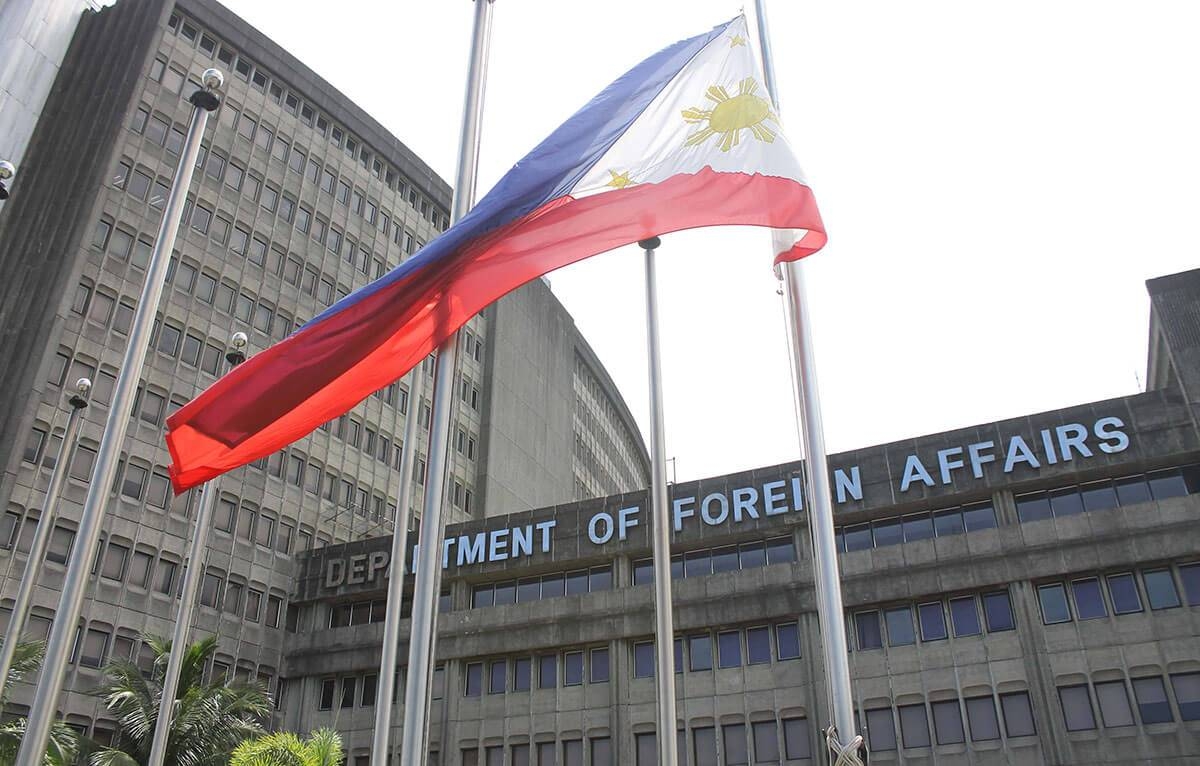Philippines Denies Using South China Sea Issue to Heighten Tensions
The Department of Foreign Affairs (DFA) of the Philippines has refuted claims that the country has used the South China Sea issue to escalate tensions or mislead the international community. In a statement released on Sunday, the DFA emphasized the importance of peace and stability in the region and urged China to reconsider its unfounded positions and claims.
China’s Accusations and the Philippines’ Response
The DFA’s statement came in response to remarks made by China’s Ministry of Foreign Affairs spokesman, Wang Wenbin, on Thursday. Wang accused the Philippines of misleading the international community, instigating disputes through the South China Sea issue, and relying on external forces to undermine peace and stability in the region. The DFA dismissed Wang’s claims as baseless and misleading.
Historical Context and Sovereignty Claims
The Philippines and China have overlapping claims in the Spratly Islands, which China refers to as Nanhai Zhudao or the South China Sea Islands. The DFA asserted that the Philippines has long held sovereignty and exercised administrative control over Bajo de Masinloc (atoll) and various features west of Palawan, which now constitute the Kalayaan Island Group. These features were clearly identified in the administrative maps of the Philippines during the Spanish colonial period, including the 1734 Murillo Velarde map of the country.
The DFA also referenced the 2016 arbitral award, which settled the dispute between the Philippines and China. According to the DFA, China’s claims to historic rights or other sovereign rights beyond the limits set by the United Nations Convention on the Law of the Sea (UNCLOS) are without legal effect. The arbitral award affirmed the Philippines’ rights over certain areas in the South China Sea.
China’s Perspective on Sovereignty
Wang countered the Philippines’ claims by asserting that China was the first country to discover, name, explore, and exploit Nanhai Zhudao and the relevant waters. He claimed that China has continuously, peacefully, and effectively exercised sovereign rights and jurisdiction over these areas. Wang further stated that after World War II, the Chinese government regained sovereignty over Nanhai Zhudao, which had been illegally occupied by Japan. He also highlighted that the Chinese government released the dotted line as early as 1948, a boundary that has been upheld by successive Chinese governments and has never been questioned by any country.
Wang clarified that China does not claim the entire South China Sea as its territory, contrary to the accusations made by the Philippine side. He argued that the Philippine interpretation of China’s position is a deliberate distortion of the facts.
It is important to note that the South China Sea dispute involves multiple claimants, including Vietnam, Malaysia, Brunei, and Taiwan, in addition to the Philippines and China. The issue is complex and has significant geopolitical implications in the region.
The Philippines’ response to China’s accusations reflects its commitment to upholding its sovereignty and protecting its territorial rights in the South China Sea. The DFA’s statement serves as a reminder that the Philippines seeks peaceful resolutions and adherence to international law in addressing the dispute.
As the situation continues to evolve, it is crucial for all parties involved to engage in constructive dialogue and find mutually acceptable solutions that promote peace, stability, and cooperation in the South China Sea region.
Source: The Manila Times







